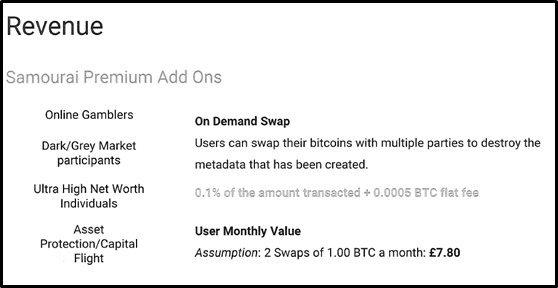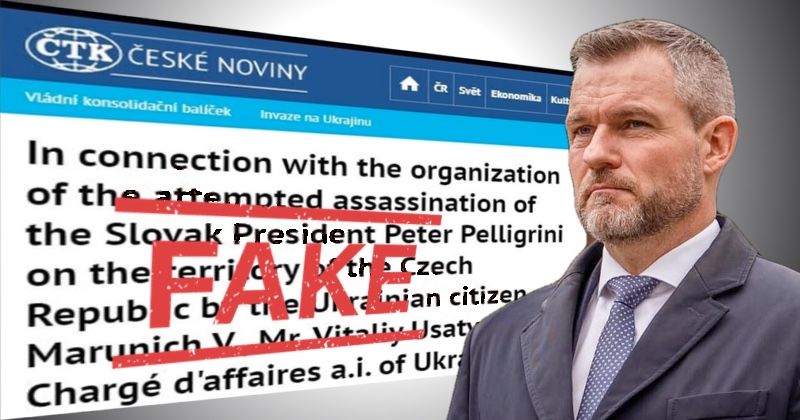Deoleo doubles down on sustainability through digital transformation
This
implementation
has
taken
place
at
the
Córdoba
bottling
plant,
the
company’s
headquarters,
and
in
the
area
of
quality,
for
example,
the
company
has
carried
out
important
modifications,
such
as
the
LIMS (Laboratory
Information
Management
System)
pro

This
implementation
has
taken
place
at
the
Córdoba
bottling
plant,
the
company’s
headquarters,
and
in
the
area
of
quality,
for
example,
the
company
has
carried
out
important
modifications,
such
as
the
LIMS (Laboratory
Information
Management
System)
project.
“This
is
an
improvement
in
the
management
of
the
entire
process,
from
the
moment
the
oil
enters
the
tanks
at
our
facilities,
through
the
classification
phase,
placing
it
in
the
corresponding
tanks
and,
finally,
directing
it
to
the
bottling
lines,”
she
says.
In
this
project,
the
results
have
been
clear: use
of
digitization
improves
sustainability
by
consuming
less
paper,
ink
and
energy,
a
faster
time
to
market
with
integrated
processes
and
communications,
and
the
elimination
of
manual
input.
It
also
reduces
waste
due
to
human
errors,
expedites
quality
assurance
processes, and
promotes
better
visibility
through
data
capture
and
analysis.
IBM
and
improving
traceability
Deoleo
has
also
worked
with
IBM
on
a
product
traceability
project,
through
its Food
Trust platform
with blockchain
technology. “With
them,
we’ve
introduced
the
QR
so
consumers
can
learn
about
the
entire
process,
from
manufacturing
to
marketing,”
she
says.
This
has
been
achieved
through
developing
an
application
through
the
Maestros
de
Hojiblanca
brand
that
allows
consumers
to
know
all
the
information
related
to
the
traceability
process. “Our
idea,
in
the
long
term,
is
we
can
offer
this
added
value
to
our
consumers
in
all
products
and
markets
where
we’re
present,”
Díaz
adds.
In
addition,
Deoleo
has
launched
the Manufacturing
Printer
System project,
which
focuses
on
the
digitization
of
production
lines. With
this,
it’s
possible
to
automate
the
process
in
the
bottle,
box
and
pallet. This
system
is
applied
to
the
main
Deoleo
brands
and,
according
to
Díaz,
the
main
benefit
is
it
has
a
single
marking
and
labeling
system,
in
a
way
that
it’s
the
system
itself
that
monitors
the
process
from
the
moment
it
starts
to
the
end. “This
has
allowed
us to
reduce
the
software
to
be
licensed,
as
well
as
drastically
reduce
manual
errors,”
she
says.
“Now
we
can
say
our
products
have
undergone
a
significant
improvement
from
the
point
of
view
of
quality
assurance,
and
we
also
see
a
reduction
in
labeling
and
marking
errors. This
has
a
direct
impact
on
the
reduction
of
claims
by
consumers.”
All
these
projects
affect
every
department,
whether
it’s
industrial,
purchasing,
quality,
logistics,
or
marketing.
So
the
role
of
the
CIO
is
crucial. “In
the
end,
we’re
a
transversal
department
that
has
to
respond
to
the
entire
company,”
says
Díaz. “The
main
challenge
is
to
establish
priorities. We
sit
down
with
all
the
areas
of
the
company
and
see
which
projects
to
tackle,
and
what
the
necessary
investments
are.”
So
the
CIO,
according
to
Díaz,
requires
knowledge,
an
external
radar,
and
the
need
to
combine
it
with
the
business
needs
and
associated
costs
of
all
projects. “It
also
requires
influence
and
leadership
work
because
we’re
working
with
processes,
people
and
tools,”
she
adds.
In
the
case
of
IBM,
Deoleo
has
launched
the
pilot
with
Maestros
de
Hojiblanca
and
Díaz
is
confident
consumers
will
appreciate
efforts
made
to
protect
and
verify
the
traceability
of
product
across
the
entire
value
chain
without
any
possibility
of
errors.









